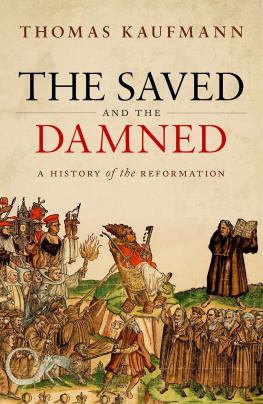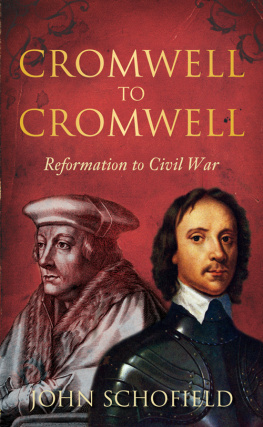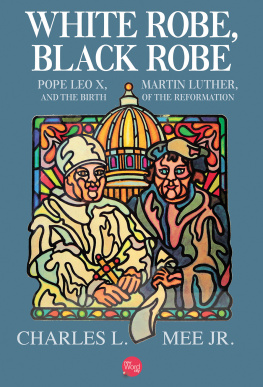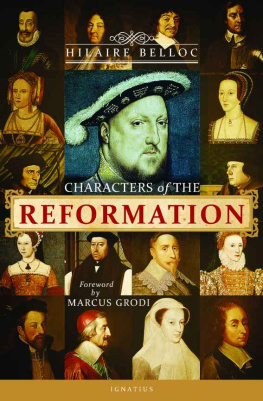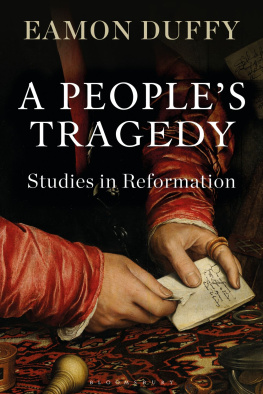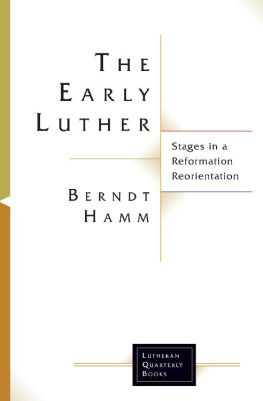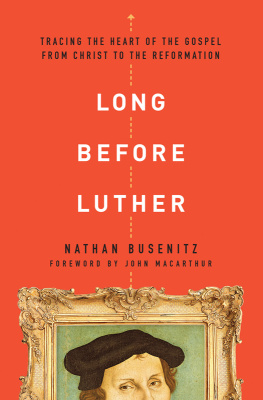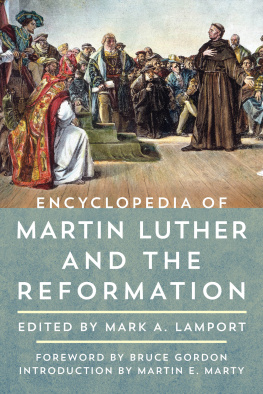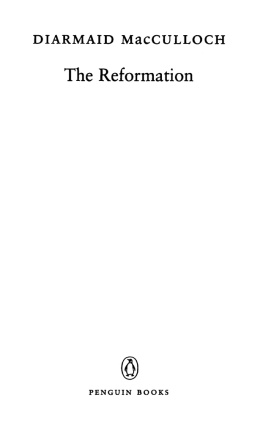Prof Thomas Kaufmann - The Saved and the Damned: A History of the Reformation
Here you can read online Prof Thomas Kaufmann - The Saved and the Damned: A History of the Reformation full text of the book (entire story) in english for free. Download pdf and epub, get meaning, cover and reviews about this ebook. City: Oxford, year: 2023, publisher: Oxford University Press, genre: History. Description of the work, (preface) as well as reviews are available. Best literature library LitArk.com created for fans of good reading and offers a wide selection of genres:
Romance novel
Science fiction
Adventure
Detective
Science
History
Home and family
Prose
Art
Politics
Computer
Non-fiction
Religion
Business
Children
Humor
Choose a favorite category and find really read worthwhile books. Enjoy immersion in the world of imagination, feel the emotions of the characters or learn something new for yourself, make an fascinating discovery.
- Book:The Saved and the Damned: A History of the Reformation
- Author:
- Publisher:Oxford University Press
- Genre:
- Year:2023
- City:Oxford
- Rating:5 / 5
- Favourites:Add to favourites
- Your mark:
The Saved and the Damned: A History of the Reformation: summary, description and annotation
We offer to read an annotation, description, summary or preface (depends on what the author of the book "The Saved and the Damned: A History of the Reformation" wrote himself). If you haven't found the necessary information about the book — write in the comments, we will try to find it.
The Reformation began far from Europes traditional political, economic, and cultural power centres, and yet it threw the whole continent into turmoil. There has been intense speculation over the last century focusing on
the political and social causes that lay at the root of this revolution. Thomas Kaufmann, one of the worlds leading experts on the Reformation, sees the most important drivers for what happened in religion itself. The reformers were principally concerned with the question of salvation. It could all have ended with the popes condemnation of Luther and his teaching. But Luther believed the pope was condemned to eternal damnation, and this was the root cause of the great split to come. Hatred of the damned drove people to take up arms, while countless numbers left their homes far behind and carried the Reformation message to the furthest corners of the earth in the hope of salvation.
In The Saved and the Damned, Thomas Kaufmann presents a dramatic overview of how Europe was transformed by the seismic shock of the Reformation--and of how its aftershocks reverberate right down to the present day.
Prof Thomas Kaufmann: author's other books
Who wrote The Saved and the Damned: A History of the Reformation? Find out the surname, the name of the author of the book and a list of all author's works by series.

